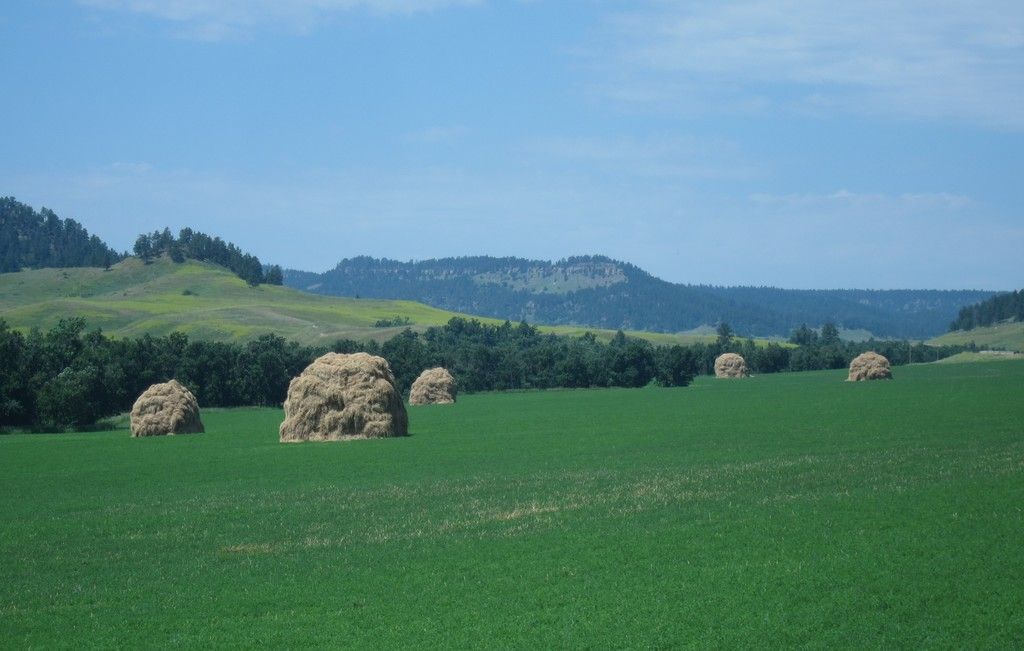Cicada's Spree: Germany's Potatoes in Peril - Harvest at Risk
European Union Status Review Unveiled by Commission
Hey there, let's chat about the ongoing drama in Germany's farming scene. The reed glass-winged cicada, a common insect in Europe, has turned into a menace, causing a destructive plant disease called Stolbur. This bugger is wreaking havoc on potatoes, sugar beets, and even veggies like onions, rendering them soft and gummy.
First, it was sugar beets that took a hit, then potatoes, and now onions, celery, red beets, cabbage, carrots, and partially rhubarb and peppers are all affected. The cicada is spreading like wildfire, and it's not just a concern for farmers in one region - it's a nationwide issue.
The Baden-Württemberg Ministry of Agriculture warns that the supply of local potatoes, vegetables, and sugar could be severely impacted in southern Germany. The state farmers' association puts the estimated damages at a whopping "millions" in the southwest alone, and some farmers are questioning whether they should continue growing crops. Climate change seems to be adding fuel to the fire, as warmer weather conditions appear to be favoring the cicada's growth and multiplication.
The Cicada's Evil Deed
The bacterium Candidatus Phytoplasma solani is the culprit here. Transmitted to plants through the bite of the reed glass-winged cicada, it causes the disease Stolbur. Infected crops wilt, roots and tubers become rubbery, and yields decrease while taste and quality suffer. In extreme cases, sugar beets, potatoes, and vegetables cannot even be processed or stored.
Stolbur, along with a similar infection called SBR (Syndrome of low sugar contents), is causing high yield and quality losses. For example, the affected area of sugar beets increased from 40,000 hectares in 2023 to a staggering 75,000 hectares last year - about a quarter of the German cultivation area.
Is the Cicada Targeting Potatoes?
Potatoes are a major staple for Germany, and about 65,000 hectares are at risk due to the cicada's presence. As Sebastian Schwarz, association manager for the Union of German Potato Growers (UNIKA), points out, this corresponds to almost a quarter of the total cultivation area in Germany.
The cicada's spread depends on various factors, including the weather. In the warmer south, it's already a significant issue, and gummy potatoes have been reported increasingly since 2024 in regions like Karlsruhe, Hohenloher Ebene, Heilbronn, Ludwigsburg, and Stuttgart.
The Cicada's Territory
The insect has made its way from Baden-Württemberg to Rhineland-Palatinate, Bavaria, and Hesse, and it's now spreading across Germany. Lower Saxony, Saxony, and Saxony-Anhalt are among the affected regions. The southwest, however, is the worst hit in terms of spread and economic consequences, according to the state farmers' association.
Gardening with Cucumbers and Coffee Grounds: A Natural Pest Control Solution
According to observations by the Baden-Württemberg Ministry of Agriculture, the pest is particularly prevalent in areas where sugar beet, potato, and vegetable cultivation overlap.
The Consumer's Dilemma
Thankfully, as of now, there's no indication that Stolbur poses a health risk to humans. However, if the disease spreads further, you may face a shortage of local potatoes in the fall. Here's hoping that doesn't happen!
The Farmer's Plight
The spread of the pest is leading to significant losses for farmers and increased costs. Affected potatoes and vegetables are not accepted, and sorting and disposal expenses skyrocket. In Baden-Württemberg alone, yield losses reached up to 25% in all relevant beetroot growing areas and up to 70% in potato growing areas last year. Some farmers are even questioning whether they should continue cultivation. The disease is escalating into a serious economic risk for entire regions.
The War on Cicadas
The situation is so dire that farmers are calling on politics to act swiftly. However, chemical means are typically a last resort, as they can pose health and environmental risks. Special plant protection products against the cicada have been allowed under strict conditions, but crop rotation adjustments and soil cultivation offer little help. Research on resistance breeding is being pursued, but it's a long and arduous process.
In the end, the fight against the reed glass-winged cicada could shape the future of Germany's agricultural sector for years to come. Farmers urgently need support to combat this relentless pest and ensure the continued availability of essential crops.
Source: ntv.de, Susanne Kupke, dpa
- Agriculture
- Insects
- Pests
- Vegetables
- Food
The reed glass-winged cicada, an insect responsible for the destructive plant disease Stolbur, is causing a nationwide concern in Germany's agriculture, particularly on potatoes, sugar beets, and various vegetables like onions, celery, red beets, cabbage, carrots, rhubarb, and peppers. The cicada's rapid spread and impact on crop yields and quality highlights the urgency for environmental-science-based solutions to combat climate-change-induced favorable conditions for the cicada's growth. The crisis also raises important questions about the stability of local foodstuffs supply, particularly vegetables, due to the extensive damage.








